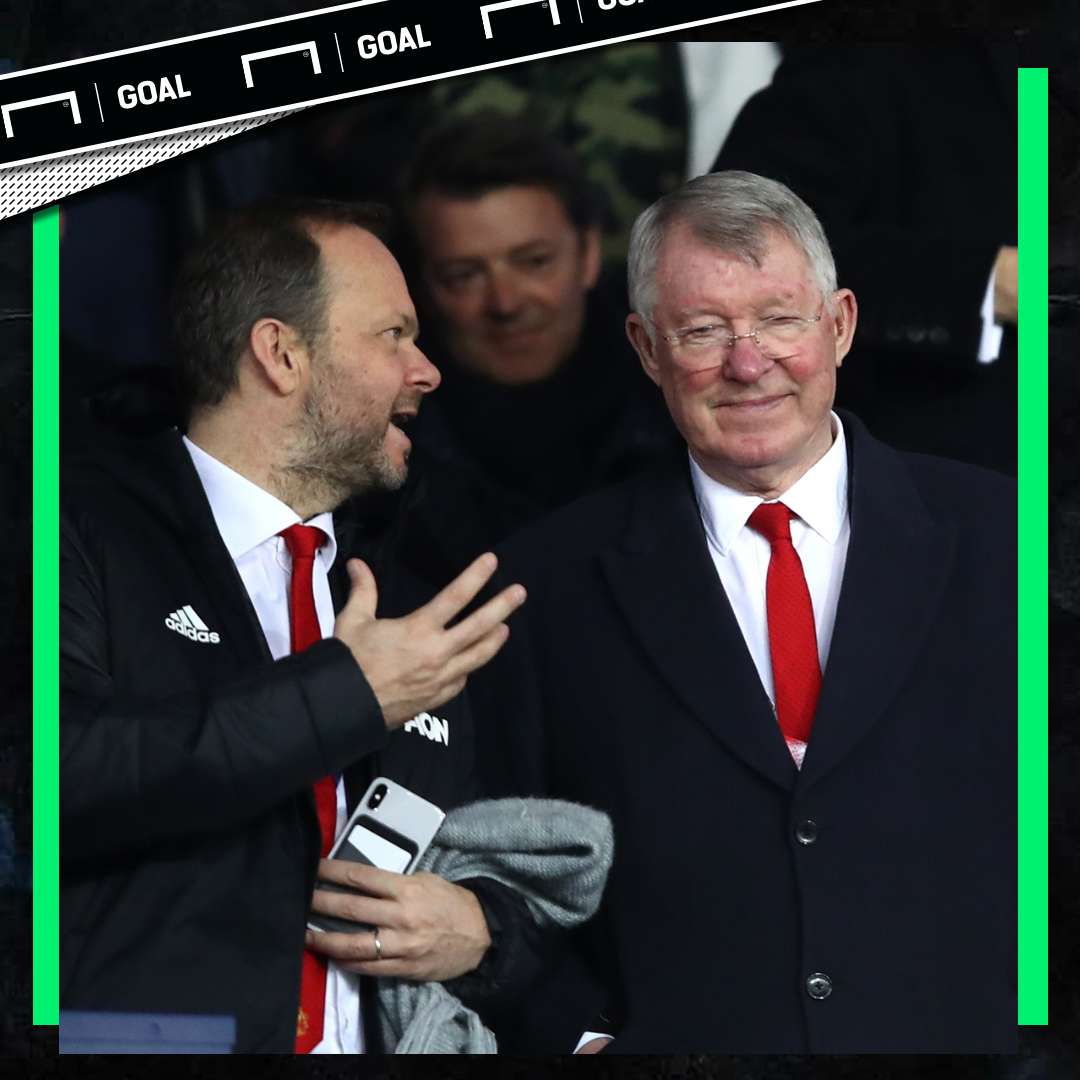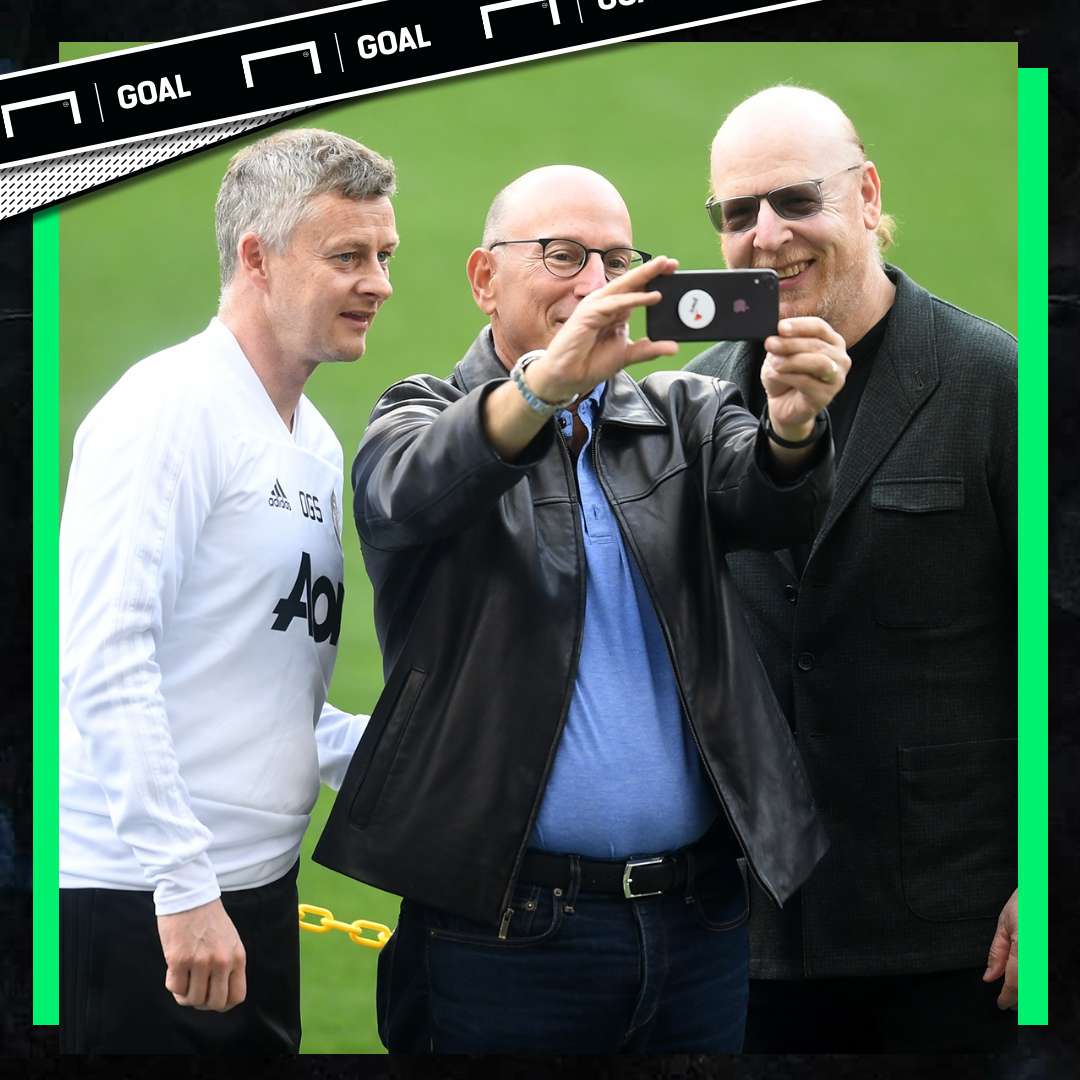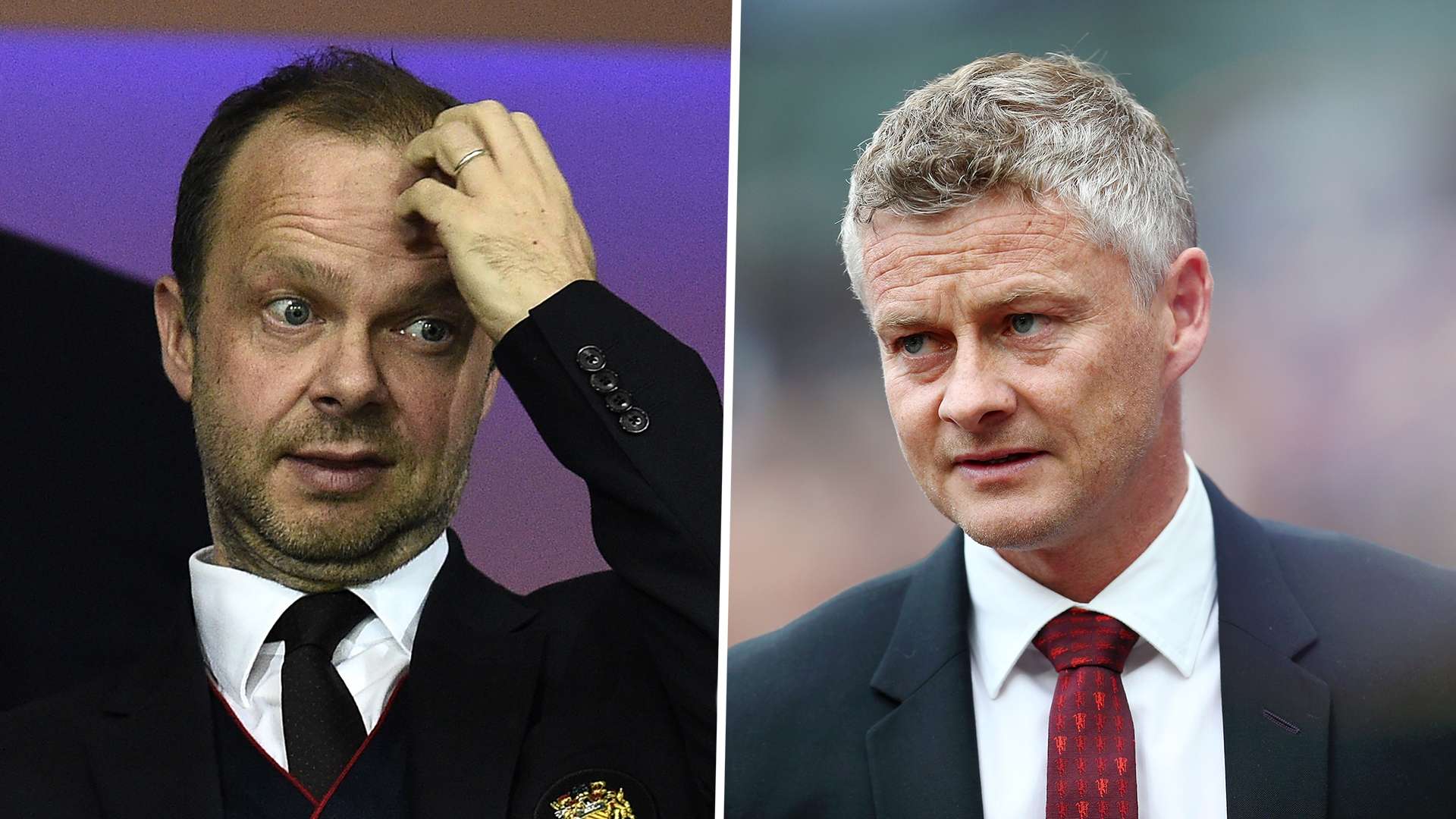Manchester United have released their financial year-end figures, revealing a £50 million ($62 million) profit that demonstrates why the Glazers feel little need to change direction.
Revenues of £627m ($782m) demonstrate that profit is still easily achieved despite the grim performances on the pitch – performances at the root of a campaign to oust the Glazer family and executive vice-chairman Ed Woodward.
United boasted of "10 new or renewed global sponsorship deals,” and the fact that “global fans and followers increased to 1.1 billion.” The brand, rather than the club, is bigger than ever.
More supporters means more advertising, and that means increasing revenues. It doesn’t even depend entirely on their own achievements, as they mention a new, improved Premier League broadcasting cycle that began this season.
The brand is embedded across the globe. They already had noodle, tractor and paint partners, and now have recently established 'Experience centres' in China in order to further engage with – and get money from – a fanbase that might never see the club play live.
Next Match
Commercial revenue has increased 5 per cent over the same quarter last year, and 2019’s operating profit has increased by 9%. Net debt stands now at an eminently manageable £200m ($250m). From debt being the road to ruin, the Glazers might feel comfortable taking on more of it.
United will suffer from failing to qualify for this season’s Champions League, which could cost them around £40m ($50m) in broadcasting revenue. However, with commercial revenue still larger than both ticket sales or television revenue, the viability of the club is clear: selling t-shirts and paint is now more important than winning games.
Last month, the biggest shareholder outside of the Glazer family, Nick Train of investment firm Lindsell Train, explained: “There is not a direct correlation with these sports franchises between their performance in any given month, or any given season, and their performance as a business and definitely not a correlation with their share price.”
While fans despair at the apparent on-field disarray, there is little indication of concern at the top, nor any suggestion that Woodward’s position is in danger. After all, United were bought for £800m ($998m) in 2005, and are now worth roughly three times that. The Glazer family would not sell for less than £3.2bn ($4bn), it is understood.
Woodward was promoted following David Gill’s exit in 2013 and remains well regarded by the owners. He is known to fans for his chaotic and unstructured approach to player and manager recruitment, but he has overseen regular improvements in the financial performance of the club. Revenue has increased by almost £200m ($250m) from his first year in charge.
 Getty/Goal
Getty/Goal
Woodward was part of the drive to split sponsorship deals across the globe, allowing United to increase the number of their corporate partners and the revenue earned per deal.
This commercial revenue has helped improve United’s financial performance, while Champions League revenue has not been a consistent source of income since David Moyes’ spell in charge.
The importance of European football has been marginalised by the money provided by the sale of television rights to the Premier League. Such is the strong commercial performance of both United’s and the Premier League’s brands, there is limited benefit to the Glazers spending yet more money on players to consistently finish in the top four.
The outcomes desired by the Glazers, other shareholders and fans are now only occasionally linked and do not necessarily reinforce one another.
On Monday, the club released a statement, defending their strategy, saying:
"Everyone at the club, from the owners down, is focused on competing for and winning trophies at the highest level. To do that we have invested heavily in the playing squad and will continue to do so.
“It's important to note that while our successful commercial operation helps drive that investment, the priority is the focus on achieving success on the pitch.
"We agree that recruitment is critical. We are committed to getting this right and there has been huge investment in this area to put our recruitment department into a position to be able to deliver the manager the players he wants.
"This process is significantly more effective than four or five years ago."
The club's current form suggests otherwise.
Previously, it was assumed that a successful United would be well run and well funded, with global superstars able to bring in huge marketing deals, supplemented with Champions League and Premier League prize money. The post-Ferguson years have shown that failing to impress in Europe and compete with Manchester City and Liverpool makes little difference to the brand.
For shareholders, they will only be concerned if revenues are significantly affected. With increasing worldwide interest in the Premier League, there could be many years left of earning increases. You might point out that almost £1bn has been spent on talent that could have been used far more effectively, but the best financial analysts rarely show the same aptitude for talent-spotting.
Even if performances did suffer, there are few ways for a shareholder to bring about change. The vast majority of shares are held by the Glazer family, and those in other hands carry just 2.5% of voting rights. Activist campaigns – where a shareholder attempts to change the course of action by exacting pressure on owners or executives – would have to focus on reputational methods, as they could simply be ignored.
 Getty/Goal
Getty/Goal
When asked if there could be a successful campaign from an outside shareholder, one investor told Goal: “Probably not, although the likes of Lindsell Train might be able to exert some pressure if they intimated that they would depress the share price by selling down or out, if more investor-friendly policies are not going to be considered."
That is an unlikely escape for fans, because in truth, there are only two ways that may bring about significant change on the pitch at Old Trafford. Neither are guaranteed to work, and neither of them are painless in execution.
The first would be a takeover – the only method which would give the Glazers an immediate profit – with an investment from Saudi Arabia still the most likely. That would bring with it its own problems, as it would lead to accusations that the club was a fig leaf for extensive human rights abuse. Some fans would doubtless believe it a price worth paying.
As for new minority shareholders effecting any change, the same investor thinks there is little reason for people to get involved, saying: “The share price has only declined since the Mourinho departure spike, and is basically unchanged over five years. I assume investors are holding because of the perceived brand value... For new investors, it doesn't appear to be a particularly compelling proposition.”
As it stands, fans are accusing Woodward and the Glazers of not caring enough about results on the pitch. There has been an anti-Glazer boycott of Old Trafford in place since their takeover in 2004, with fans giving up their season tickets and refusing to attend home games. That campaign has been dwarfed by the demand from new season ticket holders, and prices have continued to increase.
The nuclear option is a full stadium boycott. Boycotting corporate partners, as has been proposed, is unlikely to have an effect. It is difficult to police and to prove its impact.
The most direct action would be the most effective: to simply not attend.
Not only would that instantly cost United millions, it would make a mockery of the club’s brand, which may be the only way to force the owners to attempt to arrest the sporting decline of Manchester United.
Even then, it would be a long fight.


